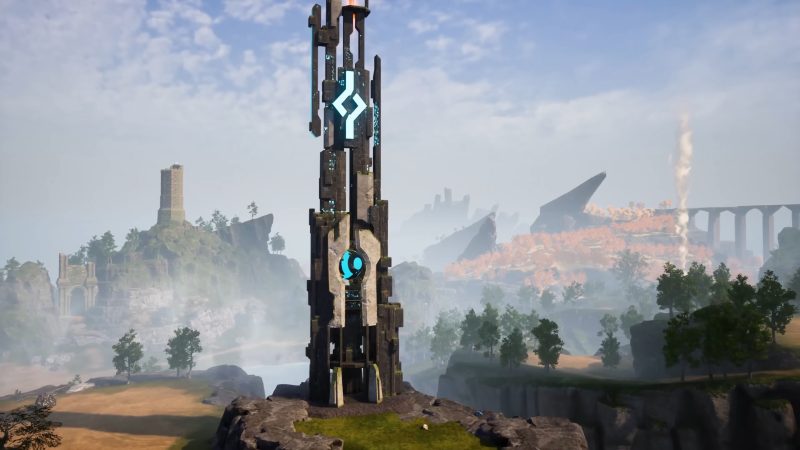The recent developments over in the Land of the Rising Sun have shed light on Nintendo's apparent discomfort with the success of Palworld, a game developed by Pocketpair.
Despite its burgeoning popularity, certain underhanded tactics allegedly employed by the world's oldest gaming company have come to the forefront.
Palworld, a survival game that has captured the attention of gamers worldwide, particularly after its early access release on PC and Xbox, has been subject to much scrutiny due to its perceived similarities with Pokémon, a cornerstone franchise for Nintendo. The Pokémon Company, associated with Nintendo, has publicly expressed its intention to investigate the game for potential intellectual property infringements, despite not having granted any permission for the use of Pokémon's intellectual property.
As revealed by VGC, Tokyo Sports reports that talent agencies in Japan have advised their talents against mentioning Palworld in public or on social media. This directive is said to be out of consideration for the Pokémon franchise and future collaborations with the company. Such measures indicate a strategic move to safeguard Pokémon's interests and maintain its dominant position in the gaming industry.

